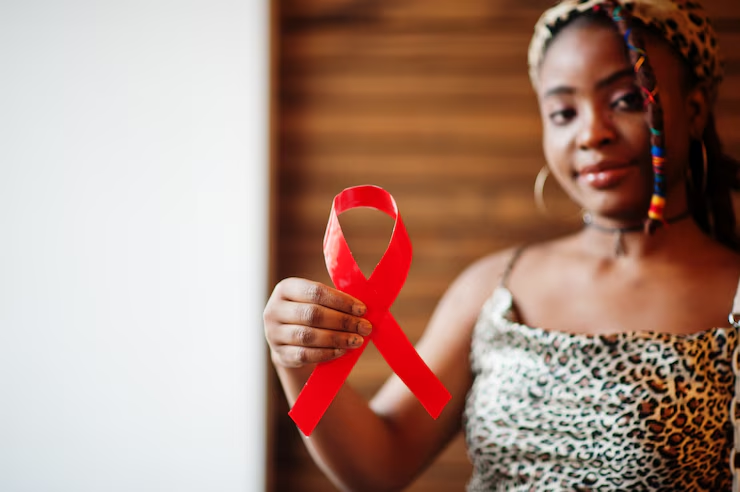The Botswana-Baylor Children’s Clinical Centre of Excellence, in strategic partnership with UNICEF Botswana and the Ministry of Health, is taking bold steps to transform adolescent HIV care through the Operations Triple Zero (OTZ) initiative. Launched across six districts in Botswana, this groundbreaking project is redefining how young people engage with their healthcare, focusing on empowerment, responsibility, and support.
At the heart of the OTZ initiative is a powerful mission: to achieve zero missed appointments, zero missed doses, and zero viral load among adolescents and young people living with HIV. This approach recognizes the unique challenges faced by youth while offering targeted interventions to improve adherence and long-term health outcomes.
How Effective is OTZ in Ensuring Treatment Adherence?
Early results from the participating districts—Gaborone, Francistown, Mahalapye, Maun, Molepolole, and Selebi-Phikwe—are promising. Clinics report a notable improvement in appointment attendance and medication adherence among enrolled adolescents. OTZ’s structured approach, which includes personalized counseling, peer support groups, and consistent follow-ups, is proving effective in addressing the gap in adolescent HIV care.
Additionally, healthcare workers have received specialized training to deliver youth-friendly services, further improving clinic experiences and reducing stigma. These changes are fostering a more supportive environment, increasing trust between adolescents and providers.
What Unique Barriers Do Young People Face in HIV Treatment?
Despite Botswana’s success in expanding HIV services, adolescents remain a vulnerable group. They often face a mix of personal, social, and systemic barriers, including:
- Stigma and fear of disclosure
- Limited understanding of long-term treatment implications
- Peer pressure and social isolation
- Transitioning from pediatric to adult care systems
- Inflexible clinic hours conflicting with school or work
The OTZ model tackles these barriers head-on by involving adolescents in every stage of the care process and offering practical solutions such as flexible clinic schedules, educational support, and peer-led outreach.
How Are Adolescents Being Empowered?
OTZ goes beyond medication and appointments—it creates a space for youth leadership and self-advocacy. Adolescents participating in the program receive life skills training, mental health support, and mentorship. They are encouraged to take charge of their treatment journey, ask questions, and become peer champions who inspire others.
This empowerment model is critical. When young people understand the “why” behind their care and are given tools to manage it, adherence becomes a personal commitment, not just a medical routine.
What Lessons Can Be Learned from the Six Districts?
The success of OTZ in the six implementation districts offers valuable insights for nationwide scale-up and beyond:
- Youth-Centered Design Matters: Programs tailored to the realities of young people are more likely to succeed.
- Partnerships Drive Progress: Collaboration between government, healthcare institutions, and global partners like UNICEF ensures resources and expertise are well-utilized.
- Peer Support is Powerful: Adolescents are more likely to stay engaged in care when they feel understood by those who share similar experiences.
- Consistency Builds Trust: Regular follow-ups and a stable relationship with care providers strengthen adherence.
A Model for the Future
The Operations Triple Zero initiative is not only improving treatment outcomes—it is reshaping how HIV care is delivered to the next generation. With its emphasis on empowerment, support, and accountability, OTZ is setting a new standard for adolescent health programs in Botswana and across the region.
As the initiative continues to evolve, one thing is clear: investing in youth-led health strategies is essential for achieving long-term success in the fight against HIV.










